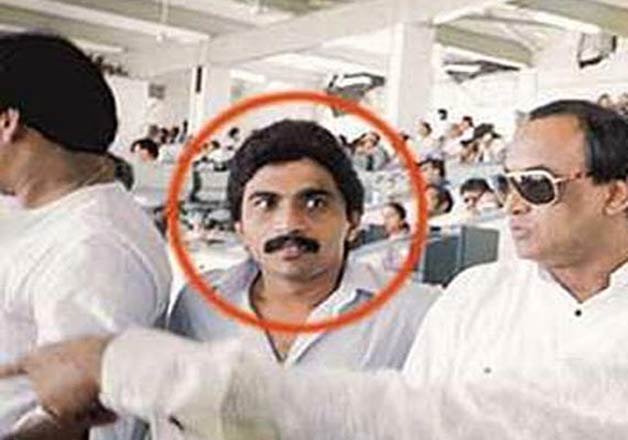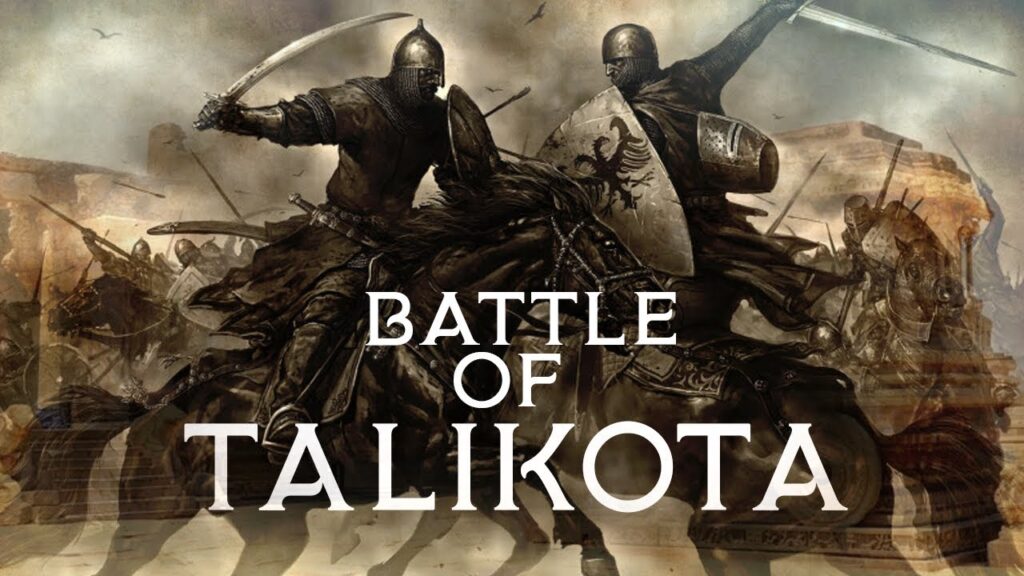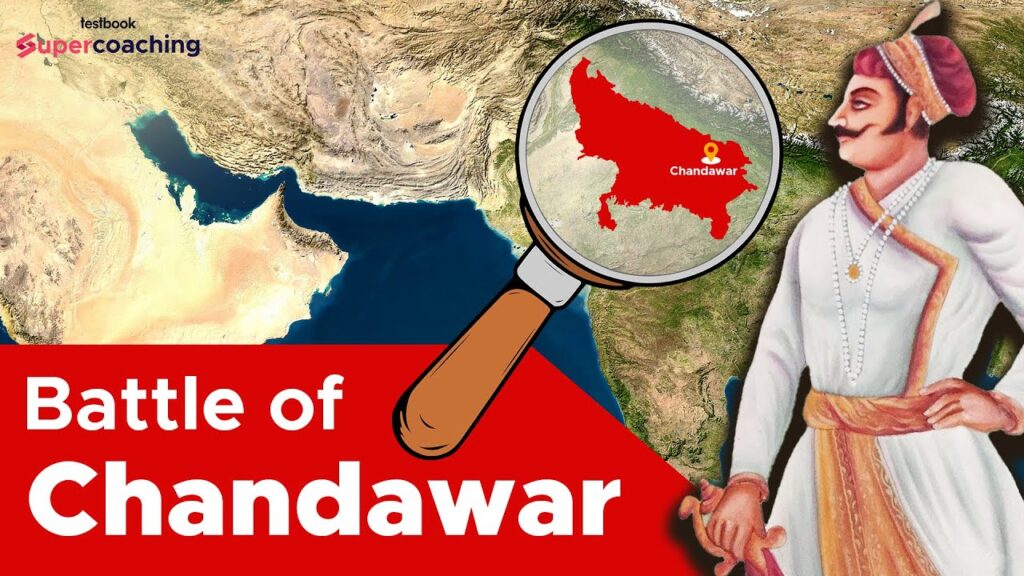Chhota Shakeel, whose real name is Shaikh Mohammed Shakeel, is a prominent figure in Mumbai’s criminal underworld. He is one of the key associates of Dawood Ibrahim, one of India’s most wanted criminals and the leader of the infamous D-Company gang. Chhota Shakeel’s life is marked by his rise within the ranks of the underworld, his involvement in various criminal activities, and his reputation as a feared and influential figure. This essay will explore Chhota Shakeel’s early life, his rise to prominence, his role in D-Company, his criminal activities, his international reach, and his legacy in the world of organized crime.
Early Life and Entry into Crime
Chhota Shakeel was born in Mumbai (formerly Bombay) in 1955 to a Muslim family. He grew up in the Dongri neighborhood of the city, an area known for its bustling markets and close-knit community. Shakeel’s entry into the world of crime began in his youth when he engaged in petty crimes and street fights.
He quickly gained a reputation for his street smarts and violent tendencies, which caught the attention of local gangsters. This led to his initial involvement in the Mumbai underworld, where he began working as an enforcer and trusted associate of Dawood Ibrahim.
Rise to Prominence in D-Company
Chhota Shakeel’s rise to prominence can be attributed to his close association with Dawood Ibrahim and his role within the D-Company gang. He became one of Dawood’s most trusted lieutenants, handling various operations for the gang and acting as a key decision-maker in its activities.
Shakeel’s ability to navigate the complex world of organized crime, combined with his loyalty to Dawood, helped him gain significant influence within the underworld. He was known for his strategic acumen and ability to manage the gang’s operations, making him a central figure in D-Company’s success.
Criminal Activities
Chhota Shakeel’s involvement in D-Company encompassed a range of criminal activities, including:
- Extortion: Shakeel played a key role in the gang’s extortion activities, targeting businesses and individuals in Mumbai and other parts of India.
- Smuggling: He was involved in smuggling various goods, such as gold, electronics, and drugs, both within India and internationally.
- Contract Killing: Shakeel was known for his involvement in contract killings, often targeting rivals, law enforcement officials, and others who posed a threat to D-Company’s interests.
- Drug Trafficking: Shakeel’s gang participated in the trafficking of illegal drugs, leveraging their international network to move drugs across borders.
- Money Laundering: Shakeel was also involved in money laundering activities, helping the gang conceal the origins of its illegal profits.
International Reach and Operations
Chhota Shakeel’s influence extended beyond Mumbai and India, as D-Company’s operations expanded internationally. The gang established a presence in various countries, including the United Arab Emirates, Pakistan, and Southeast Asian nations.
Shakeel’s international reach allowed him to operate with relative impunity and oversee the gang’s activities from abroad. His ability to navigate different cultural and legal landscapes contributed to D-Company’s success on a global scale.
Law Enforcement and Attempts at Capture
Chhota Shakeel’s criminal activities have made him a target of law enforcement agencies in India and abroad. He is wanted for various crimes, including murder, extortion, and drug trafficking.
Despite efforts by law enforcement to capture him, Shakeel has managed to evade arrest, often operating from locations outside India. His ability to maintain a low profile and avoid capture has been a testament to his cunning and resourcefulness.
Legacy and Conclusion
Chhota Shakeel’s legacy is intertwined with that of Dawood Ibrahim and D-Company. His rise to prominence within the underworld and his involvement in various criminal activities have solidified his reputation as one of the most feared and influential figures in Mumbai’s organized crime scene.
His story is a reflection of the challenges faced by law enforcement in combating organized crime, both within India and internationally. Shakeel’s ability to operate across borders and evade capture has made him a significant figure in the history of the Mumbai underworld.
Chhota Shakeel’s legacy serves as a cautionary tale about the perils of a life of crime and the lasting impact of organized crime on society. His story is a reminder of the ongoing struggle against criminal networks that operate beyond national boundaries and the importance of international cooperation in addressing these challenges.






